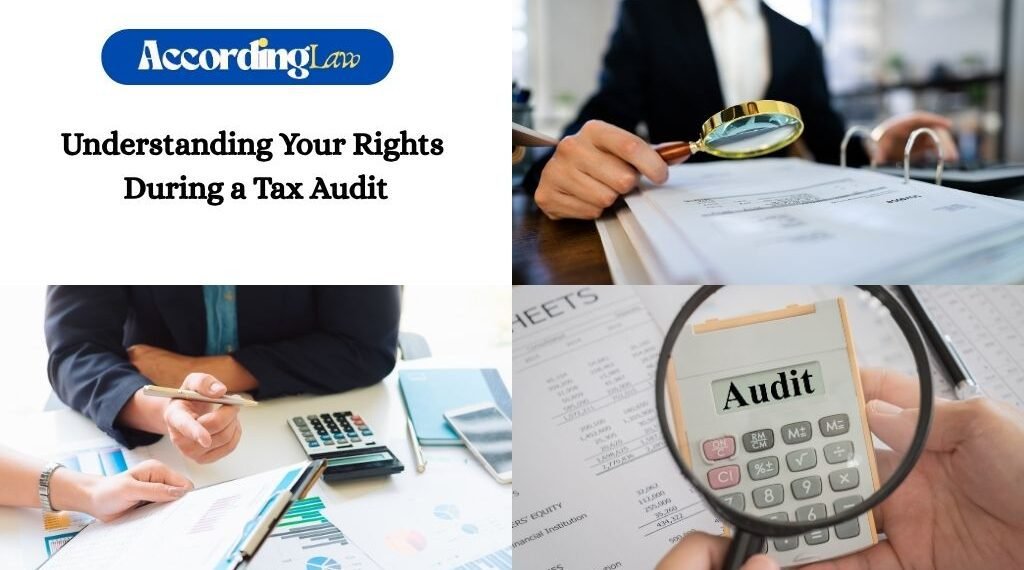As 2025 progresses, the Internal Revenue Service (IRS) is making it clear that tax enforcement is a top priority. With increased funding and advanced technology at its disposal, the agency is expanding its reach, focusing heavily on collecting back taxes and cracking down on noncompliance. For individuals and businesses with outstanding tax liabilities, these changes bring added pressure and a renewed urgency to resolve tax debt issues before they escalate.
Table of Contents
Increased IRS Funding Means Tighter Enforcement
Following legislative boosts to the IRS budget in recent years, 2025 has seen a rise in enforcement personnel and the deployment of data-driven collection methods. From AI-assisted income matching to expanded audit programs, the IRS is enhancing its ability to identify underreported income, late filings, and unpaid balances.
Taxpayers with unresolved debt are now more likely to face enforcement actions such as liens, levies, and wage garnishments. The IRS is also revisiting older cases that had previously been inactive, reopening debt recovery efforts in light of new technological capabilities.
Why Early Action Is Essential
One of the most common missteps among taxpayers is delaying action after receiving IRS notices. The IRS no longer operates on extended grace periods—automated processes now accelerate cases toward collections if no response is made. A Notice of Intent to Levy or a Final Notice can lead to significant financial consequences within weeks if left unaddressed.
In high-cost regions like Southern California, the impact can be especially damaging. Consulting with a qualified San Diego tax attorney can help taxpayers understand their legal rights, avoid aggressive enforcement, and pursue relief programs appropriate to their financial circumstances.
Relief Options Still Available in 2025
Despite tighter enforcement, the IRS continues to offer several tax resolution programs:
Regional Enforcement Trends in California
In California, the IRS has identified self-employed professionals, real estate investors, and high-earning freelancers as key audit targets. With the gig economy thriving in San Diego and beyond, income mismatches and unreported 1099 earnings are leading causes of collection notices.
Taxpayers in these categories are encouraged to proactively organize documentation and consult professionals familiar with both state and federal tax nuances.
Final Thoughts
In 2025, the IRS’s increased capabilities mean that ignoring tax debt is no longer an option. With enforcement accelerating, individuals and businesses must be proactive in addressing liabilities. Fortunately, legal pathways still exist to resolve debt and avoid long-term financial consequences. The key is acting early, before the IRS acts for you.


